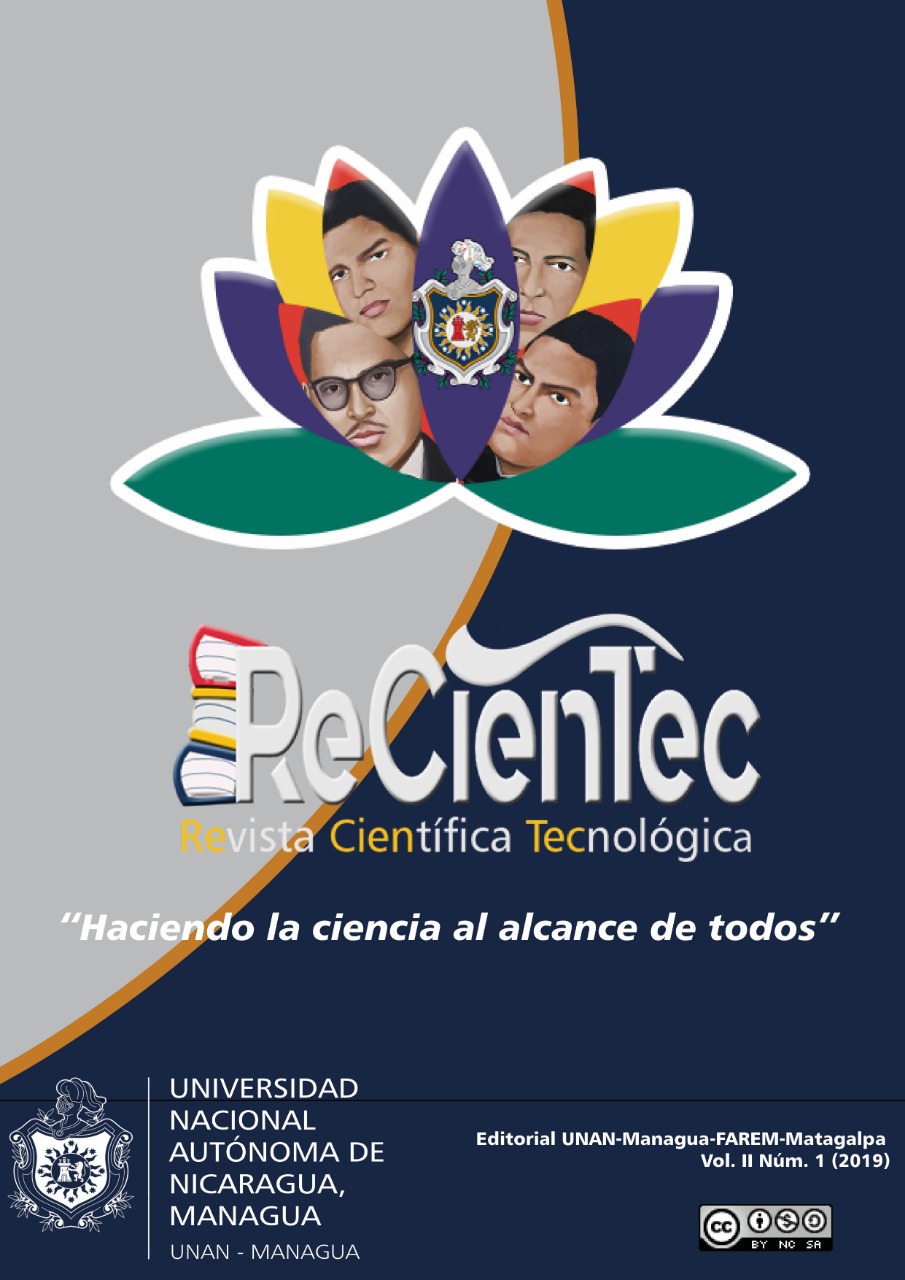Affectivity and identity an analysis of neuroadministration and its effect on product performance
Keywords:
emotions, organizational performance, neuroadministrationAbstract
Professional services in education are a platform for the development of a nation and reach the highest standards of quality of life to which every nation aspires. This paper shows an analysis of the relationship between student performance, identity towards the campus and the perception of teacher performance through kansei or emotional variables, not from the contemporary educational methodology but from an administrative vision of processes with a strong humanist orientation. The project was developed applying the methodology proposed by Hirata Okamoto applying for quality to use the Kansei engineering tools, that is: analysis causes effect, identify factors or diagnosis, factorial design using Kansei elements, sampling, factor analysis, results and improvement proposals. The study presents a model to measure performance looking for a correlation with variables up to the moment not described or evaluated. That is, it is important for the product (meaningful learning) as who places the product (subject) and it would be necessary to explore how to place the teacher as the architect, and that also has to do with internal marketing, which includes a design area for materials emotionally viable, which promotes effective communication. On the other hand, it is no less important to evaluate the degree of impact on teacher performance and administrative-managerial performance. In order to anchor the particular characteristics of the object of study and not only to think about the training in the missionary process but also, the strategic and support processes link efforts in an aligned manner. Thus, a new form of communication is proposed by applying neuromarketing and Kansei engineering strategies in the organization's processes.




